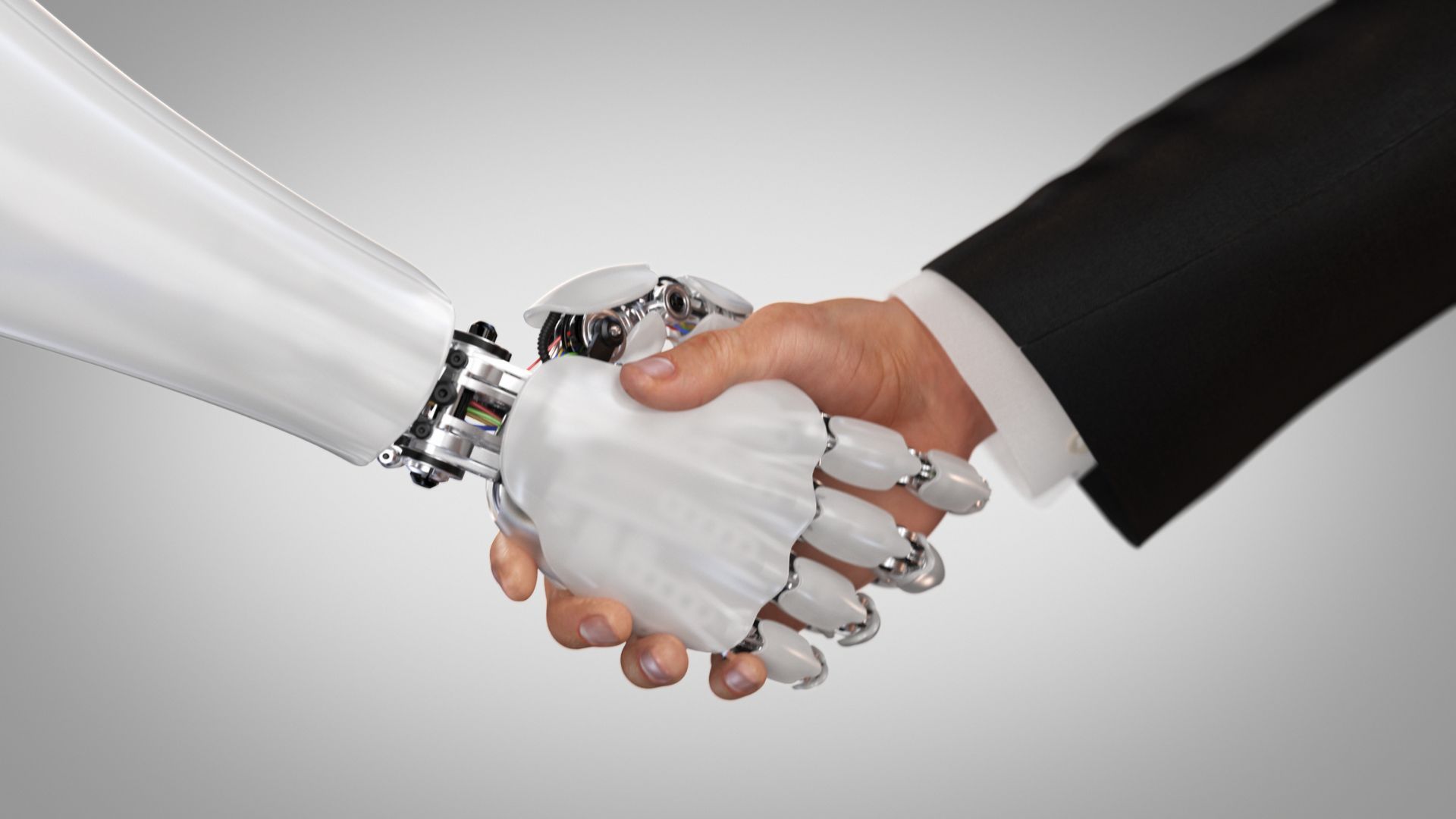Navigating the office dress code change since COVID-19: How to adapt and stay professional
Bianca Luck • March 8, 2023

Professional attire has been an important part of the workplace for many years but with the rise of new technologies, remote working, and changing dress codes, the need for workplace dress is changing. In this blog, we will explore why a dress code is still important, how the pandemic has influenced the way we dress, and tips for dressing for your market, so you can remain professional.
Why dress code is still important?
People may argue that dress code is no longer essential in today's modern world but establishing a dress code in the workplace can have numerous benefits for employees and employers alike. It can help create an atmosphere of professionalism, foster a sense of unity among co-workers, and even encourage productivity.
How dress codes have changed
The Covid-19 pandemic has changed the way we look at dress codes. With social distancing and remote working becoming the norm, many companies are rethinking their dress code policies to make them more flexible and comfortable.
The modern workplace is becoming increasingly casual, and this is especially true when it comes to office attire. The traditional office attire of suits and ties has been replaced with more relaxed clothing such as business casual pants and shirts or t-shirts. This shift has been made to make employees feel more comfortable in their work environment and to signal that professional dress codes can be flexible.
Dress for your market
When it comes to dressing for success, your wardrobe should reflect the market you are in and your commitments for the day. Whether you work in a corporate office or a creative agency, understanding the dress codes of your workplace is key to making sure you look professional and put-together. The right outfit can make all the difference when it comes to impressing your colleagues and clients.
It is important to consider what kind of environment you will be working in and what kind of impression you want to make on those around you. By dressing appropriately for your day in the office, you can ensure that you stand out from the crowd and make a lasting impression. For example, if you work in an industry where business casual is appropriate, then it would be wise to opt for a collared shirt with pants or a more casual dress. On the other hand, if your office requires more corporate attire then it would be best to wear a suit or corporate dress.
In summary
Appropriate work attire can help to create a positive first impression with potential employers or clients, not only about looking good - it's about feeling confident and presenting the best version of yourself in any professional setting.
Find the job you love I Find the right talent
Get in touch with people2people
Australia
I
United Kingdom
In business since 2002 in Australia, NZ, and the United Kingdom, people2people is an award-winning recruitment agency with people at our heart. With over 12 offices, we specialise in accounting and finance, business support, education, executive, government, HR, legal, marketing and digital, property, sales, supply chain, and technology sectors. As the proud recipients of the 2024 Outstanding Large Agency and Excellence in Candidate Care Awards, we are dedicated to helping businesses achieve success through a people-first approach.






